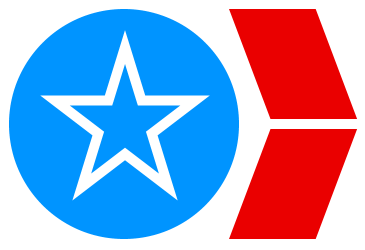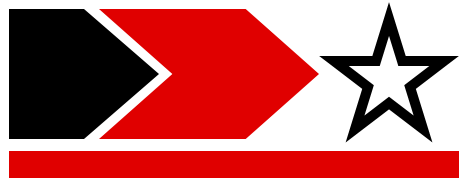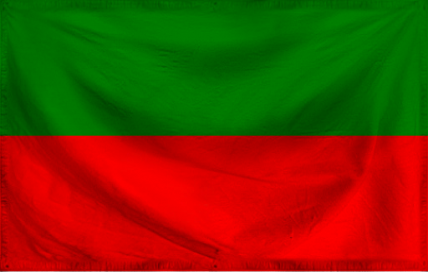

![]() by Kergstan » Sat May 15, 2021 8:25 pm
by Kergstan » Sat May 15, 2021 8:25 pm

![]() by Gandoor » Sat May 15, 2021 10:56 pm
by Gandoor » Sat May 15, 2021 10:56 pm

![]() by Zhouran » Sat May 15, 2021 11:59 pm
by Zhouran » Sat May 15, 2021 11:59 pm





![]() by Hoyerlay » Sun May 16, 2021 5:05 am
by Hoyerlay » Sun May 16, 2021 5:05 am

![]() by Philosocom » Sun May 16, 2021 9:46 am
by Philosocom » Sun May 16, 2021 9:46 am

![]() by The Imagination Animals » Sun May 16, 2021 10:43 am
by The Imagination Animals » Sun May 16, 2021 10:43 am
-----------
-----------
NEWS :: Rostam Hinzarty, member of the Crossoverian Law House, is let out of Esteqlal Hospital having been permanently changed into an anthro wild dog | Boris Anderson announces his run for President of Crossoveria with the Zola Party

![]() by Aikoland » Sun May 16, 2021 10:46 am
by Aikoland » Sun May 16, 2021 10:46 am

![]() by Thermodolia » Sun May 16, 2021 6:14 pm
by Thermodolia » Sun May 16, 2021 6:14 pm

![]() by Aldina » Tue May 18, 2021 3:55 am
by Aldina » Tue May 18, 2021 3:55 am

![]() by The British Protectorate » Tue May 18, 2021 11:20 am
by The British Protectorate » Tue May 18, 2021 11:20 am

![]() by Isles of Eamhna » Fri May 21, 2021 10:31 am
by Isles of Eamhna » Fri May 21, 2021 10:31 am

![]() by Estados Vaticanos » Fri May 21, 2021 4:16 pm
by Estados Vaticanos » Fri May 21, 2021 4:16 pm


![]() by Pamia » Sat May 22, 2021 9:28 pm
by Pamia » Sat May 22, 2021 9:28 pm

![]() by Antwerp Free State » Thu Jul 22, 2021 11:41 am
by Antwerp Free State » Thu Jul 22, 2021 11:41 am

![]() by Syndic Australia » Thu Jul 22, 2021 1:37 pm
by Syndic Australia » Thu Jul 22, 2021 1:37 pm
January 27° - The 2025 Federal Election season has begun! Initial three-party preferred polls put the I.S.P. ahead at 37%, followed by the Country Party at 34%, then Labor at 29%.Advertisement
Return to Factbooks and National Information
Users browsing this forum: Lothria
Advertisement